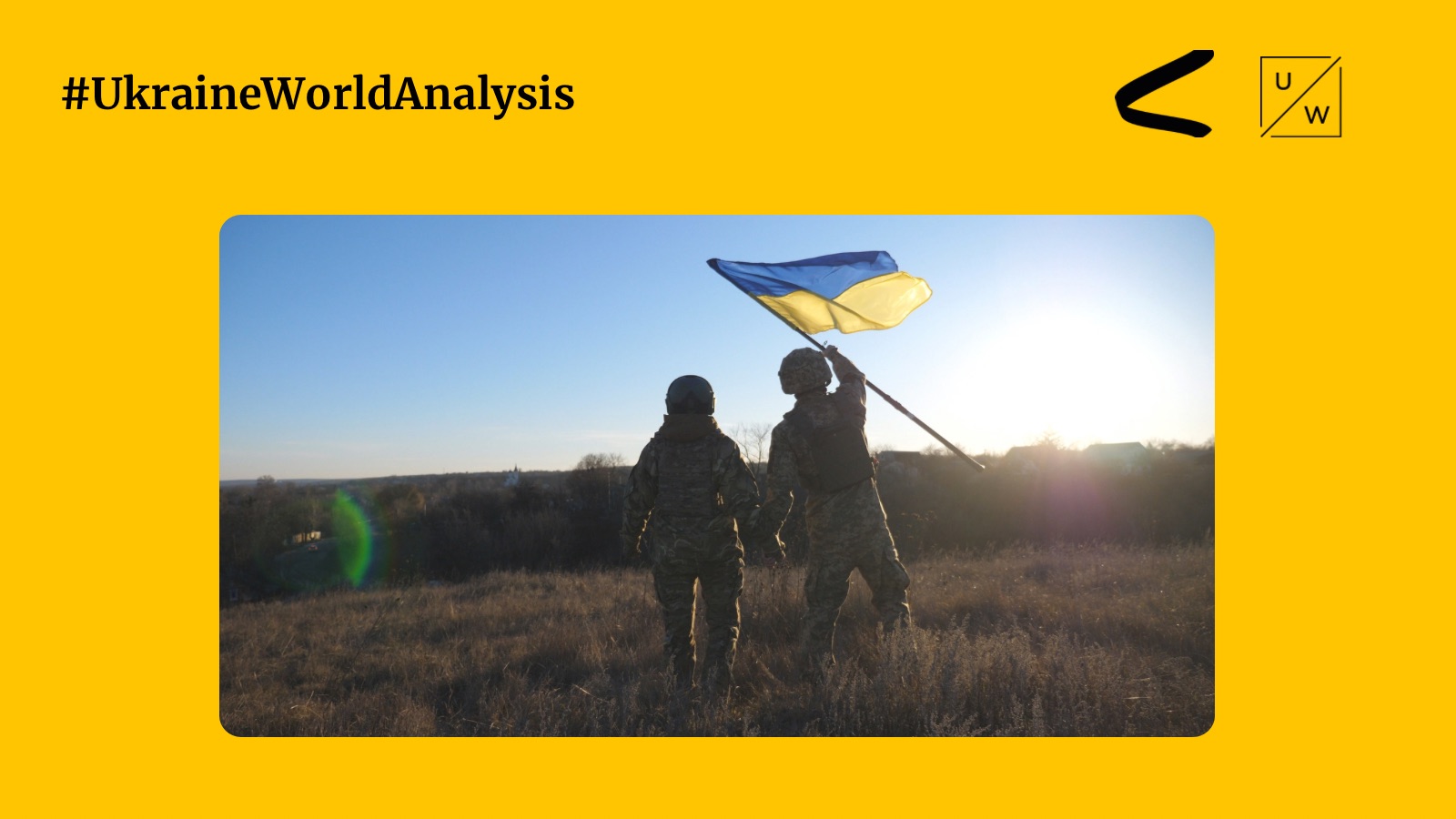UkraineWorld spoke to Alina Ponypalyak, Ph.D. in History, expert at the Ukrainian Security and Cooperation Centre.
Key points – in our brief, #UkraineWorldAnalysis:
1. On what constitutes Ukrainians' collective memory of the war with the Russian occupiers
- Individuals shape the collective memory of this war while also keeping the national spirit alive. When a defender from Poltava oblast died, for example, Yevhen Brakh with the call sign "Mali" or Dmytro Kotsiubailo with the call sign "Da Vinci," a wave of memory, tribute, and pain rippled through society, reminding us that we are fighting now so that future generations do not have to.
- Russia is attempting to demoralise Ukrainians by destroying such flag-bearers. Such historical portraits build continuity, which is why, for example, Ukrainians were known as Mazepyntsi in the seventeenth century and Petliurivtsi in the twentieth. That is why modern heroes are imprinted on collective memory and become symbols of contemporary events.
The photo of the fallen Ukrainian Soldier’s, Serhiy Karpo, chevron taken in 2015 in Debaltseve, is deeply symbolic, depicting a blue and yellow flag covered in blood, which turns into a red and black one.

2. On a historical symbol shared by all Ukrainians
- Shevchenko is a historical symbol shared by all regions of Ukraine. Since his phrase from the poem Kavkaz "Fight and you will win!" became the logo of the Dignity Revolution, recited by Serhiy Nigoyan and artists who reinterpreted this figure, until now, when Shevchenko is reinterpreted as a Ukrainian soldier.
- Of course, the Soviet myth of a long-suffered and bound Ukraine must be dispelled. A recently published Russian history textbook, which will unfortunately be used by Ukrainian schoolchildren in the temporarily occupied territories, demonstrates how Russia tends to distort Ukrainian historiography by classifying Shevchenko, Khmelnytsky, Nechuy-Levytsky, and many others as serfs despite their aristocratic backgrounds.
- Furthermore, immediately after the occupation of Zaporizhzhia Oblast, the occupiers had destroyed Ukrainian books.
3. On how do we avoid losing the generation that is growing up in occupied territories under the influence of Russian ideology and repression
- Following the de-occupation of Kherson, we witnessed the repression of educators and cultural figures. Children form their authority role models at a young age, so it is critical not to lose the generation that grows up in Ukraine's temporarily occupied territories. In this regard, the Ukrainian Online School, which has been used by a large number of children, is extremely beneficial.
- I was moved by the story of a boy from temporarily occupied Oleshky who attempted to study at the Ukrainian Online School despite the challenging circumstances. He had two mobile phones, one of which he was forced to use to attend a Russian school and the other of which he hid in a cemetery to study at the Ukrainian Online School.
- This reveals another crime committed by the Russian occupiers: students and parents who do not attend Russian schools are subjected to repression and "sent to the basements."
Torture chambers for children for such students have been found in de-occupied territories.
Daria Synhaievska, Analyst at UkraineWorld
Alina Ponypalyak, Ph.D. in History, expert at the Ukrainian Security and Cooperation Centre

